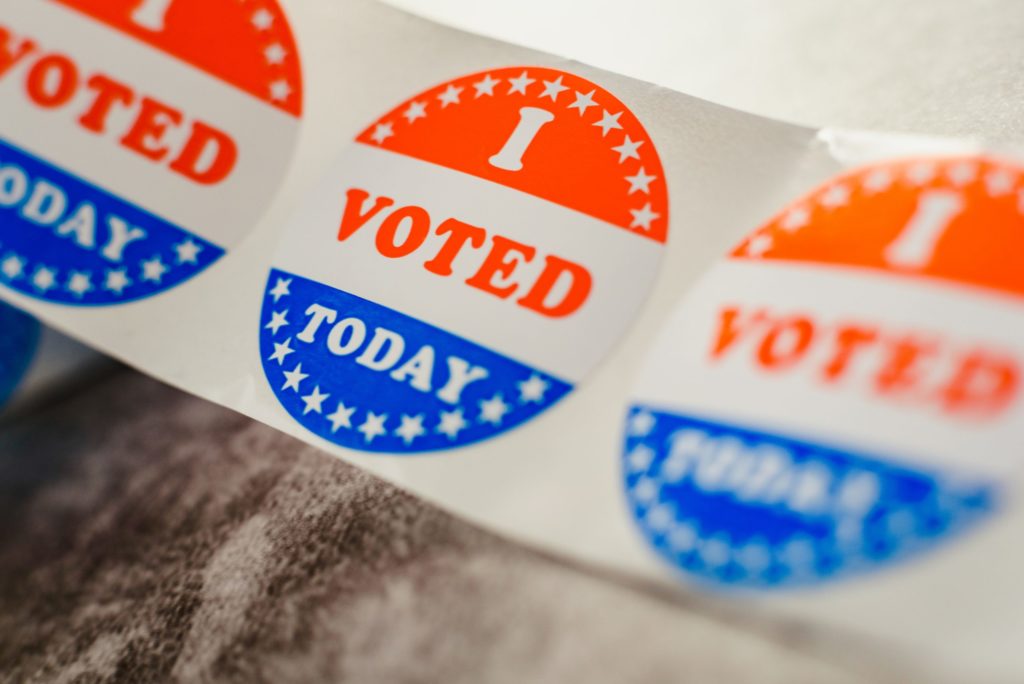Critics still concerned Alabama rural broadband law lacks proper oversight
But Travis Kavulla, a former Montana public utility commissioner and director of energy policy at Washington, D.C.-based R Street Institute who described the initial bill as “deeply problematic,” told TPA that while the substituted bill is better, it still suffers from a number of issues.
He described the new language prohibiting cross-subsidization as “so weak as to be meaningless.”
“It sets up a situation where a single board, which sits over both the electric utility and its broadband affiliate, is approving ‘loans’ on ‘such conditions as the board approves.’ In other words, these loans could be made with any conditions the board chooses, even interest-free, even with no repayment schedule, even without any recourse whatsoever.”
Kavulla said that under this bill, if an electric ratepayer of an Alabama utility offering broadband thought their power money was being used to subsidize the service, the board of the utility could say “that’s not a subsidy, that’s a loan.”
“And that would be the end of the story,” he added. “No judicial review, no Public Service Commission review, not even a requirement to have two different boards bargaining at arm’s length.”
While the bill now requires a utility to establish standard pole-attachment rates that will not favor their own broadband-offering affiliates, Kavulla said the provision is meaningless because the legislation still lets a utility exclude any broadband providers from its easements entirely.
“Nothing here gets the bill away from the risk of putting customers of electric monopoly on the hook for that monopoly’s entry into a competitive business which it has a financial incentive to under-price,” Kavulla said.





